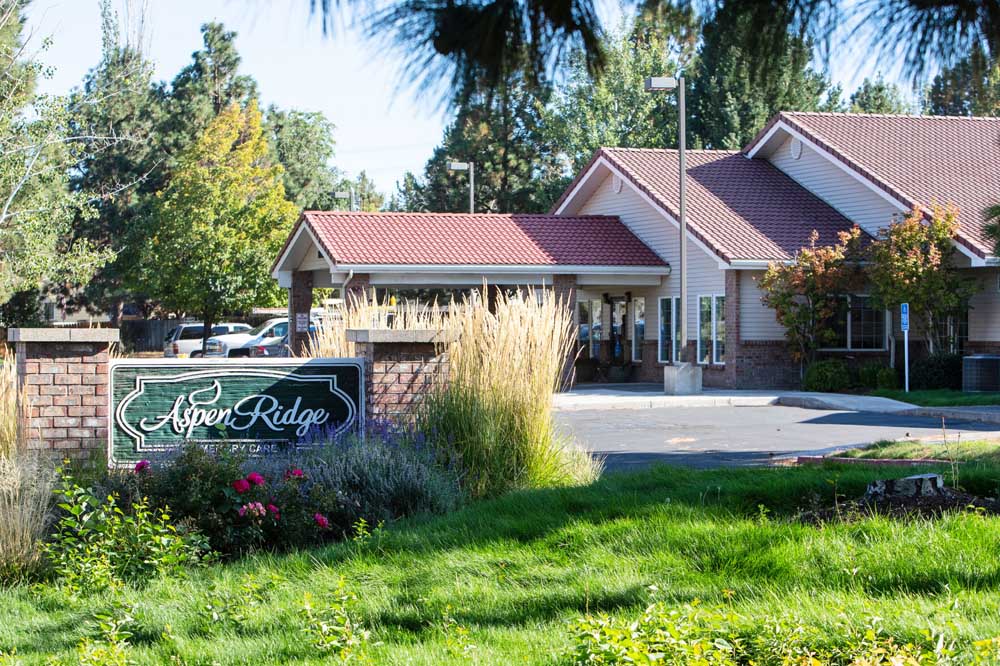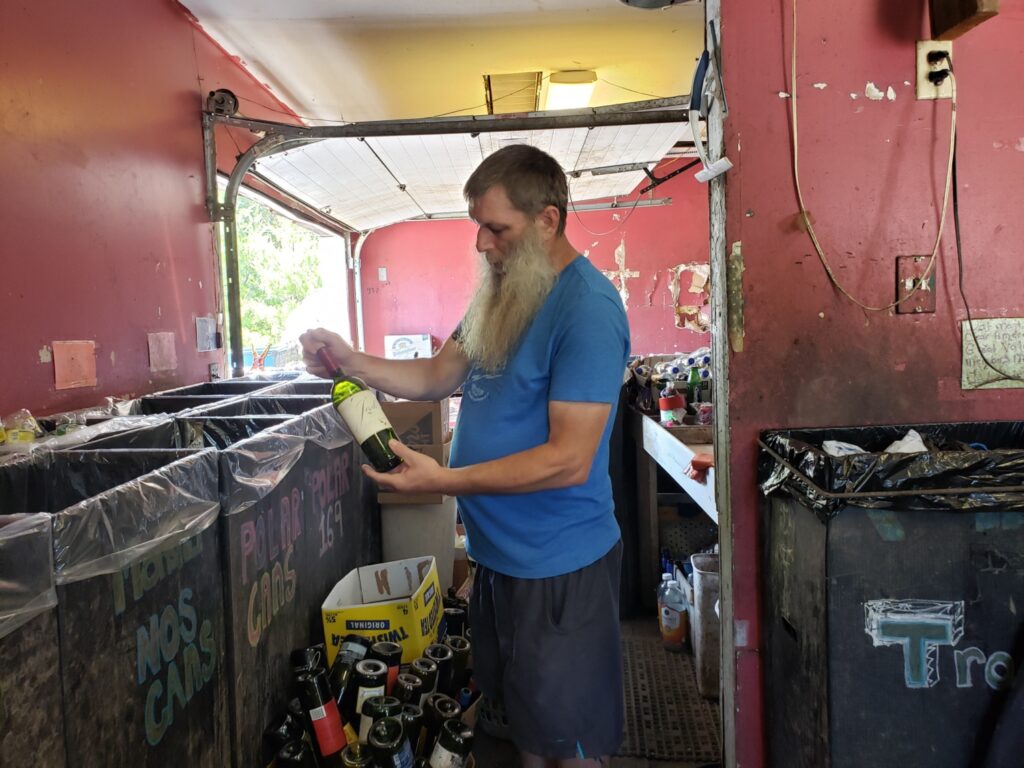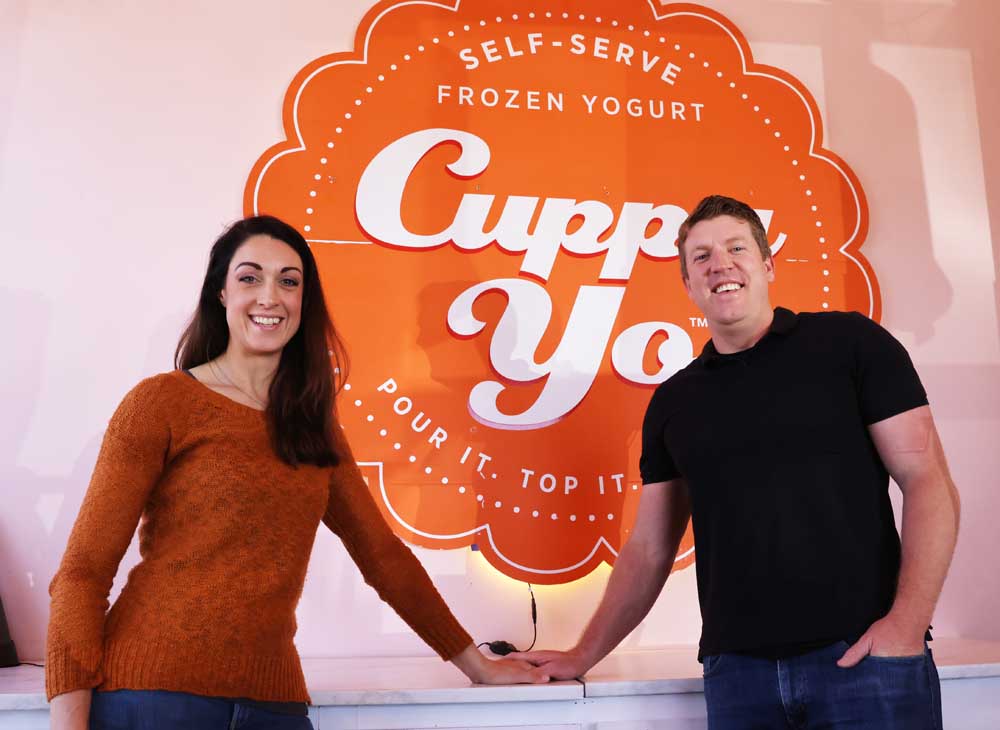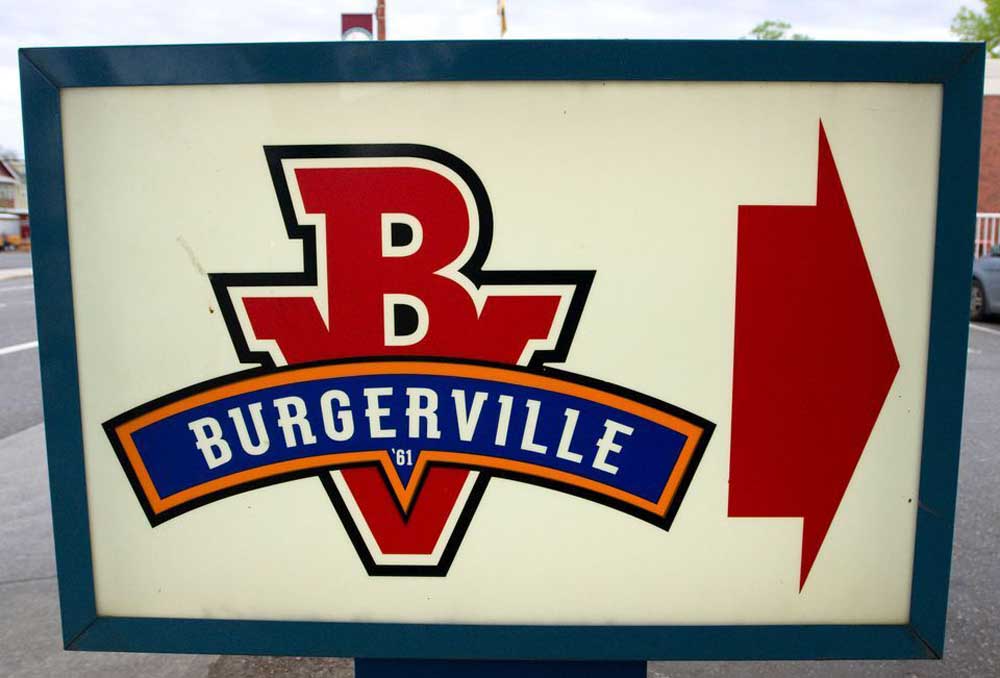Founders employ entrepreneurial mindsets
Published 4:15 am Sunday, October 16, 2022

- Smoke Honest solid walnut wood rolling trays on display at Cannabend in Bend.
For a group of entrepreneurs in Bend, the spark that launched their business started with the need to be more of an adult.
Smoke Honest was founded by entrepreneurs who wanted to create cannabis products to fit their stage of life and their lifestyle. The co-founders, who range in age from 28 to 32, have careers and live in states where recreational cannabis use is legal. They didn’t want to have to hide their accessories.
“We had all graduated from college and we’d go to a dispensary where you could buy accessories, but there was nothing that fit our age demographic going into adulthood,” said Mason Palmer, a co-founder of Smoke Honest. “Everything was ‘stoney.’ We wanted to bring the beauty and the feeling of being uplifted by cannabis into our designs.”
They also wanted useful products. So they developed a waterproof lighter and an unbreakable pocket-sized pipe. These items, Palmer said, can go from being used in their home to a forest campsite.
If one business was good, then three must be better at Smoke Honest. Founding members also teamed up and brought to market Adventure Dogs, a dog leash company made from climbing ropes, and Crafty Bartending, a web-based resource for bartenders.
At Smoke Honest, Palmer said the four partners each offer a different skillset. Palmer has a background in marketing. Another partner, Jeremy Canterbury, has a background in product development.
As the products sold, Palmer said, they added two more partners: Bryce Mallars for marketing and Jace Dispenza, for engineering.
They all are committed to developing products that are useful and environmentally friendly. One of the products, a walnut wood tray, uses wood locally sourced in Bend, Palmer said.
Their inventiveness is the mark of a true entrepreneur mindset: see a problem, identify a solution and make a business out of it, said Todd Laurence, Oregon State University-Cascades adjunct instructor of business.
“Entrepreneurs go beyond just solving a problem,” Laurence said. “They start a business.
There are many small-business owners in Bend who are entrepreneurs.
They want to grow something or create something out of nothing.”
‘A lot of commitment’
Ideas are alive in Bend, where there were 293 new business registrations in September. That’s more than Eugene or Medford, according to data provided by the Eager Law firm in Bend. And for the first nine months of the year, there were 2,745 new businesses registrations filed in Bend.
The hard truth, however, is that most of those new businesses fail. In fact, only three out of 10 new business ideas actually ever become revenue-positive, said Michele O’Hara, executive director of Opportunity Knocks, a Bend nonprofit peer mentorship organization.
“It’s a real success to get a person’s business idea to become revenue-positive,” O’Hara said. “The No.1 issue is to get the product to market fit. Starting a business is not easy.”
Usually, entrepreneurs flourish in college towns where their ideas can incubate in a testing facility, Laurence said. The OSU-Cascades has an Innovation Center and entrepreneur classes are taught, he said.
“Entrepreneurs have to be passionate enough to find out if there’s a market for their solution to a problem,” Laurence said.
Meg Chun, an Opportunity Knocks peer mentor and former Bend business owner, said it’s key to have partners that offer support and knowledge. That also helps with offsetting those startup costs.
“Starting a new business takes commitment,” said Chun. “It’s not an easy journey. You need a lot of commitment to get it off the ground.”
When Smoke Honest started about three years ago, the founders, who come from California, Colorado and Oregon, slowly launched new product lines.
Although separated by geography, the founders connected by their ability to create products, particularly products that work to de-stigmatize cannabis use.
“We’re a local brand and we really want to bring a more local feel to our brand,” Palmer said. “Everything is self-funded. We always have more ideas.”






